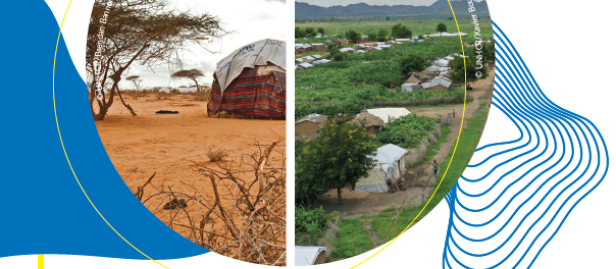Forging Resilient Social Contracts: Preventing Violent Conflict and Sustaining Peace

English
DownloadForging Resilient Social Contracts: Preventing Violent Conflict and Sustaining Peace
May 5, 2018
Project and Document Summary
‘Forging Resilient Social Contracts: Preventing Violent Conflict and Sustaining Peace’ is an 11-country research and policy dialogue project that aims to revitalise the social contract amidst conflict and fragility and to advance policy and practice for preventing violent conflict and for achieving and sustaining peace. The comparative findings provide evidence and insight into what drives social contracts that are inclusive and resilient, and how they manifest and adapt in different contexts, transcending what are often unsustainable, ephemeral elite bargains into more inclusive ones, with durable arrangements for achieving and sustaining peace.
The project involves international scholars, policy advisers and authors from the countries examined: Afghanistan, Bosnia-Herzegovina, Colombia, Cyprus, Nepal, Somalia, South Sudan, South Africa, Tunisia, Yemen and Zimbabwe.
This Summary Findings Report introduces the project context, the project’s research framing, and findings from nine of the 11 case studies. Numerous validation workshops and policy dialogues in the case study countries and elsewhere inform the findings. Policy recommendations for national and international policymakers are shared. These findings and recommendations provide a basis for deepened future research and related policy and project activity.
Research findings illuminate how three ‘drivers’ facilitate resilient social contracts to attain and sustain peace: i) inclusive political settlements addressing core conflict issues, ii) institutions delivering effectively and inclusively; and, iii) social cohesion broadening and deepening.
The project activities reported on here took place from 2016 to mid 2018 and include case research in these countries, a series of policy and scholarly dialogues and this summary. Future project work could include policy papers on critical themes emerging from the research, knowledge products featuring the case studies, and a social contract assessment tool.
The project gratefully acknowledges the financial support of the United Nations Development Programme (UNDP) Oslo Governance Centre (OGC), the Friedrich-Ebert- Stiftung (FES) in Berlin and New York, the Julian J. Studley Fund of the Graduate Program of International Affairs at The New School in New York, in this work.
For more information on the project click here.

 Locations
Locations




